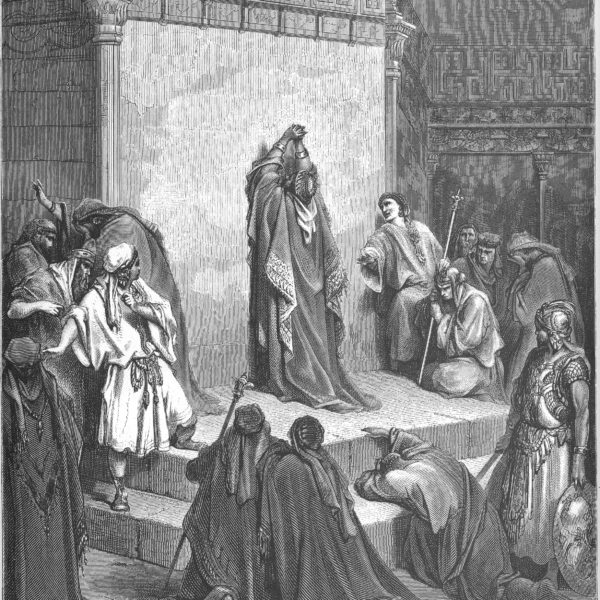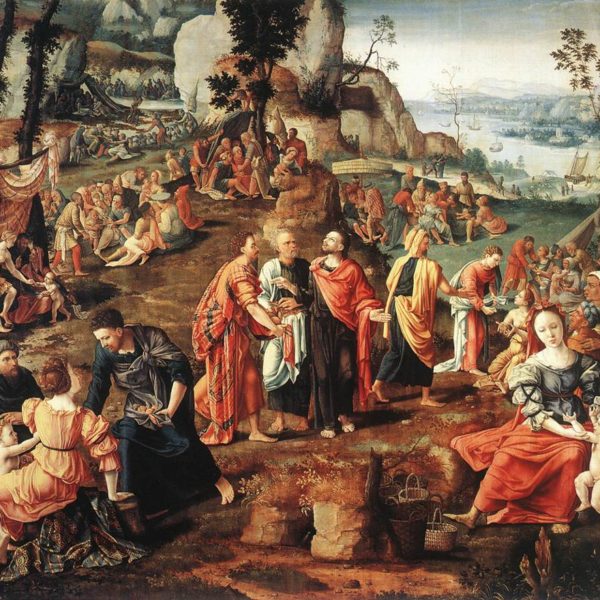
Although the Apostle Paul’s discussion of our struggle against rulers, authorities, cosmic powers, and spiritual forces of evil in heavenly places may strike many readers as a relic of a primitive cosmological outlook, it is fiercely relevant in our own day, where white supremacy functions as just such a power. Ta-Nehisi Coates has spoken of the illusions and lies undergirding the American Dream and, with the Apostle, calls us to awake to and struggle against the forces and ideologies that bind and enthral us.

The psalmist calls us to the fear of the Lord, offering us the secret to its pursuit. Straightforward though it may be, the psalm’s challenge to avoid evil-speaking, deceit, and to depart from wickedness and pursue peace would have seismic effects for our political landscape were we to commit ourselves to it.









